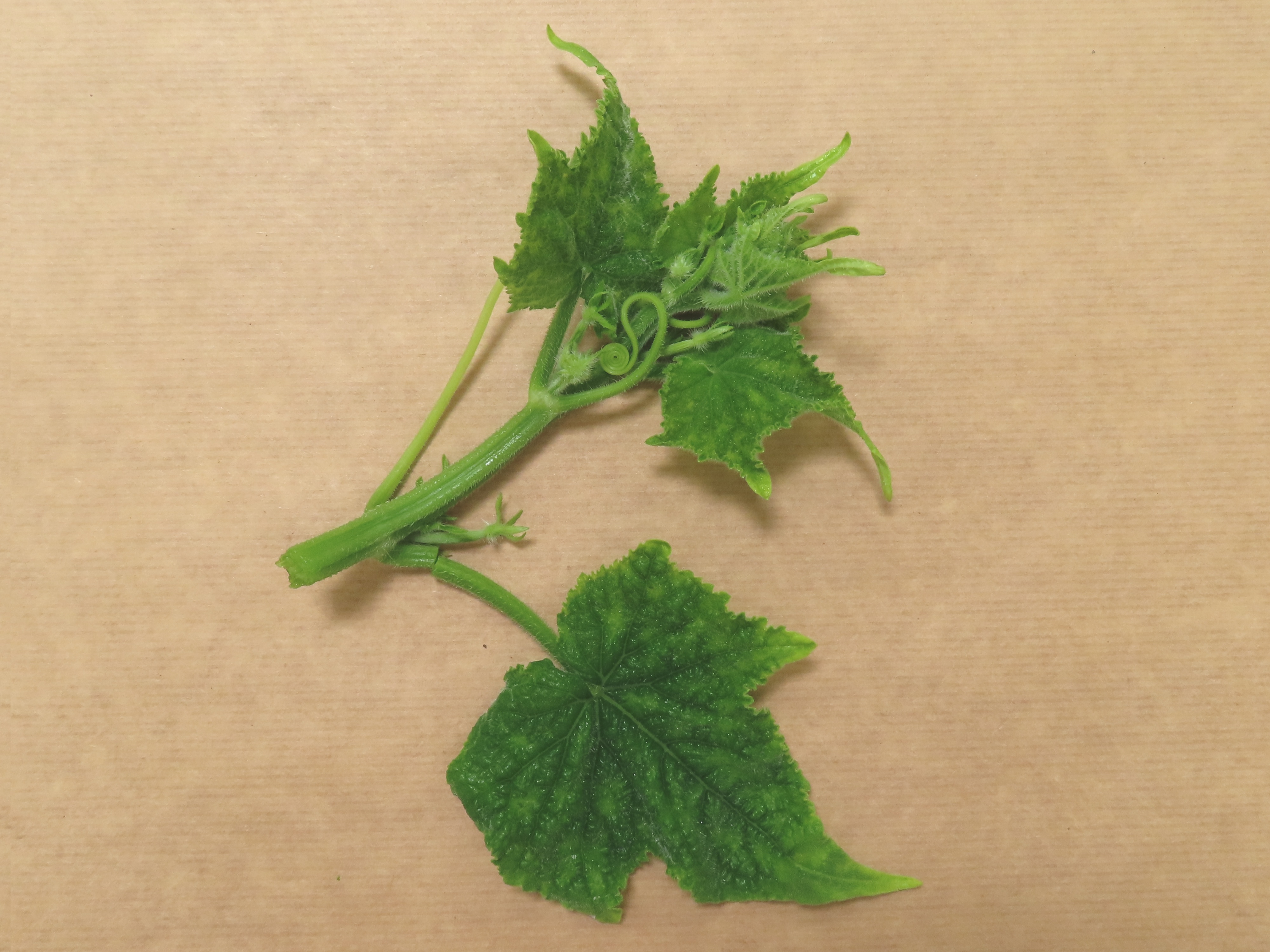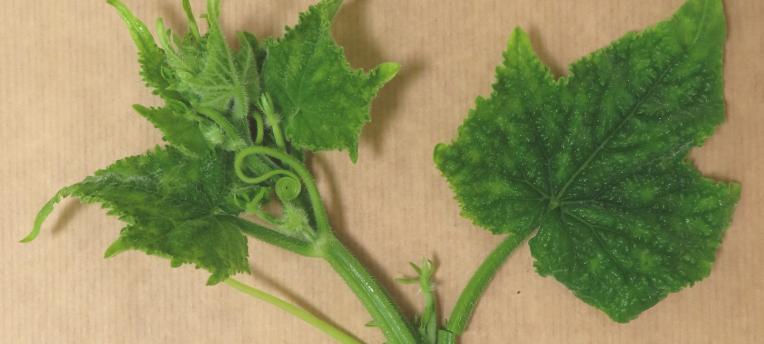Plant virus testing at Eurofins
31 May 2024
Viral diseases in greenhouse horticulture have received increasing attention in recent years. These pathogens can cause significant crop damage and are often difficult to control. At Eurofins, a wide range of plant viruses can be examined via a variety of testing methods, such as ELISA and PCR.
ELISA testing
The most common viruses can be analyzed with an Enzyme-linked Immunosorbent Assay (ELISA) using our three different virus packages. The viruses that can be monitored using these ELISA packages are particularly common in tomatoes, cucumbers, and sweet peppers, but also many other crops that can be tested using these packages. Beyond these standard virus packages, many other viruses common in ornamentals, vegetables, and woody crops can be examined via Plant Doctor, making use of using various techniques.
PCR analysis
In addition to ELISA, many viruses can be tested using a Polymerase Chain Reaction (PCR) analysis. This technique allows for the detection of specific viruses by targeting their genetic material, making it a highly sensitive and accurate tool for virus detection in both symptomatic and asymptomatic plant material.
Both ELISA and PCR testing offer fast turnaround times, allowing for quick identification of the problem. We work together with different laboratories in Europe to guarantee a broad availability of virus analyses.
While many viruses are transmitted by insects, some viruses such as Tobamoviruses like Cucumber green mottle mosaic virus (CGMMV) can be transmitted through mechanical contact or contamination of the water source. To ensure a clean environment within the greenhouse, water and swabs can be analyzed by PCR for the presence of these viruses. Recently, a new test was developed in which the vitality of Tomato brown rugose fruit virus (ToBRFV) and CGMMV can be analyzed. When these viruses test positive using PCR, a near-full genome PCR (NFG-PCR) test can be performed. This analysis indicates whether the RNA of the virus is intact, and thus likely still infectious. This can give valuable insight in the efficiency of the disinfector.
In addition to transmission by insect vectors, many viruses are seed-transmissible. For these viruses, our diagnostics laboratory works together with Eurofins Laboratoire de Pathologie Végétale, located in France.
Sequencing
In some cases, virus testing through PCR or ELISA is insufficient. When testing for lesser-known viruses, or when a broad number of viruses need to be tested, a sequencing analysis can be used. While this relatively new technology is currently more expensive and has a significantly longer turnaround time than ELISA and PCR, it does offer a complete overview of all the viruses present in the tested plant material.
For more information regarding the diagnostic services we can offer at Eurofins, please reach out to our Horti customer service.

Source: Eurofins, 2024






